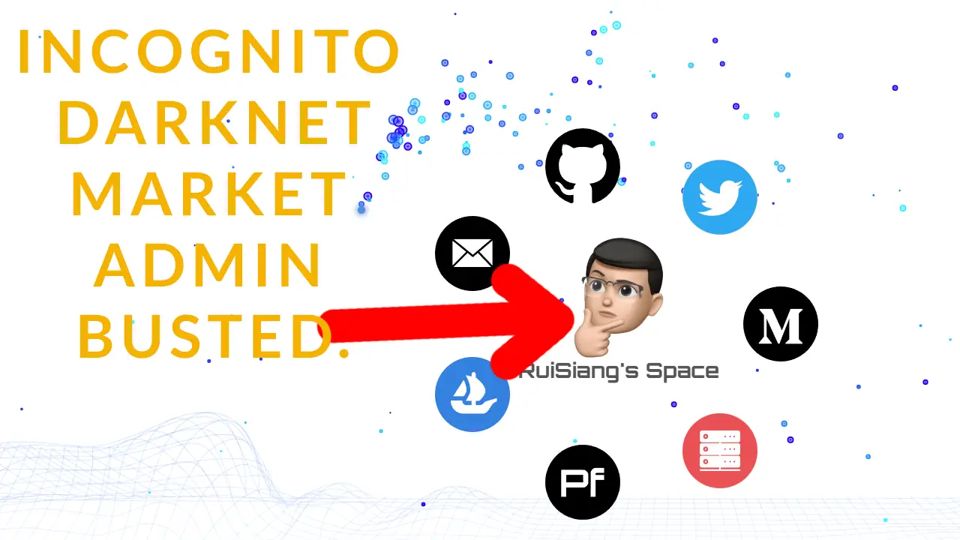Adrian Kwiatkowski, a 23-year-old computer hacker, has been directed to reimburse a sum exceeding £100,000. He perpetrated the theft of unreleased songs from several artists, including Ed Sheeran, and subsequently traded them on the dark web. Kwiatkowski, who operated under the pseudonym "Spirdark," illicitly accessed confidential online accounts owned by multiple management firms. His actions inflicted substantial financial damage upon musicians and their production companies. In this discourse, we shall delve into his offenses, convictions, confiscation orders, and the ramifications of his actions on the music industry.

The hacker's operation
Adrian Kwiatkowski illegally obtained 14 songs by hacking into the servers that stored the files. Two of the songs were by Ed Sheeran, while the other 12 were by Lil Uzi Vert, a popular American rapper known for his hit song XO Tour Llif3, which reached the 7th position on the Billboard 100. Kwiatkowski gained unauthorized access to the artists' digital accounts to carry out the theft. He then sold the stolen songs on darknet markets that trade digital items for cryptocurrency, but the specific markets he used are unknown.
This complex scheme has had multiple consequences, primarily causing financial harm to the artists and their production companies. It also impedes the artists' ability to release their own work. Once leaked, songs of this nature spread rapidly, and Kwiatkowski's criminal offense will continue to have detrimental effects on both the artists' finances and creative output.
Seizure, Arrest and Evidence obtained
The case dates back to 2019, when the Manhattan District Attorney's Office initiated their preliminary investigations based on reports received from music management companies. These reports implicated an individual known as Spirdark (Kwiatkowski's Darknet Vendor name) in the online sale of stolen content. During the course of the investigation, law enforcement officials discovered a crucial piece of evidence linking the email address used for the crypto accounts to Kwiatkowski. Despite being a hacker, Kwiatkowski appeared to lack proficiency in the use of the darknet, thereby neglecting fundamental OpSec measures. Additionally, the IP address of the hacking device was traced back to his residential address.
In September 2019, Adrian Kwiatkowski was apprehended by the Police Intellectual Property Crime Unit (PIPCU) in Ipswich, England. The PIPCU confiscated several devices and a hard drive containing 1,263 unreleased songs by 89 artists. The audio files discovered on Kwiatkowski's Apple Mac laptop included illicitly obtained songs by Ed Sheeran and Lil Uzi Vert.
Charges and Conviction
In October of 2022, Adrian Kwiatkowski entered a plea of guilty to a multitude of charges, including unauthorized access to data and the sale of articles that infringed upon the copyright of artists. Additionally, he was charged with the conversion of criminal property and the possession thereof. As a result of these charges, he was sentenced to a term of 18 months in jail by the Ipswich Crown Court.
On May 26th, 2023, the authorities issued a confiscation order against Kwiatkowski, requiring him to repay the sum of £101,053 within a period of three months. This amount is comprised of £51,975 held in his bank account, as well as 2.64 Bitcoin (BTC), valued at £49,528 at the time. This order represents the first-ever confiscation of cryptocurrency secured by PIPCU. Failure to meet the payment deadline will result in further consequences, including an additional 18 months of imprisonment.
Statement from anti-piracy advocates
Detective Constable Daryl Fryatt of the Police Intellectual Property Crime Unit (PIPCU) emphasized the significance of Kwiatkowski's successful conviction. Kwiatkowski orchestrated a multifaceted scheme to vend creative content that he did not possess. His actions not only inflicted substantial financial damage upon numerous musicians and their production companies, but also deprived them of the opportunity to distribute their own work. Our efforts extend beyond the mere attainment of a conviction, and this outcome ensures that Kwiatkowski will no longer be able to reap any gains from the illicit proceeds he amassed.
Kwiatkowski's conduct has the potential to impede artists from releasing their albums with assurance. It is noteworthy that Kwiatkowski will not be able to repeat such actions, as the Law Enforcement (LE) authorities are committed to ensuring that he does not derive any further financial gain from his illicit undertakings.
Melissa Morgia, the Director of Global Content Protection and Enforcement at IFPI, expresses her appreciation for the recent advancements in this case. The illicit conduct in question poses a significant threat to the endeavors of artists and their respective support teams involved in the production and dissemination of their musical works. The exemplary demonstration of international collaboration in this matter is commendable, and IFPI extends its gratitude to the Manhattan District Attorney's Office and the City of London Police for their invaluable assistance.
Melissa recognized the significance of acquiring a hacker to avert any additional distress in the music industry. Furthermore, she emphasized the exceptional partnership between the Manhattan District Attorney's Office and the City of London Police.
Summary and Conclusion
Adrian Kwiatkowski, a computer hacker known as "Spirdark," has been ordered to repay over £100,000 after stealing unreleased songs from artists, including Ed Sheeran, and selling them on the dark web. Kwiatkowski gained access to the artists' digital accounts to carry out the theft and sold the stolen songs on darknet markets. He was arrested in 2019 and sentenced to 18 months in jail after pleading guilty to unauthorized access to data and copyright infringement. The recent confiscation order against Kwiatkowski requires him to repay the sum of £101,053 within three months. The case highlights the potential harm that hackers can cause to the music industry and the importance of international collaboration in combating such crimes.
The legal proceedings pertaining to Adrian Kwiatkowski's case spanned a duration of four years. The case in question is distinguished by his hacking activities and the profitable vending of unreleased songs on the Darknet. Nevertheless, his inadequate operational security measures in the course of the sales transaction resulted in his conviction, thereby establishing a legal precedent. This case holds considerable significance for the music industry, as it highlights the potential for criminal exploitation and harm.




